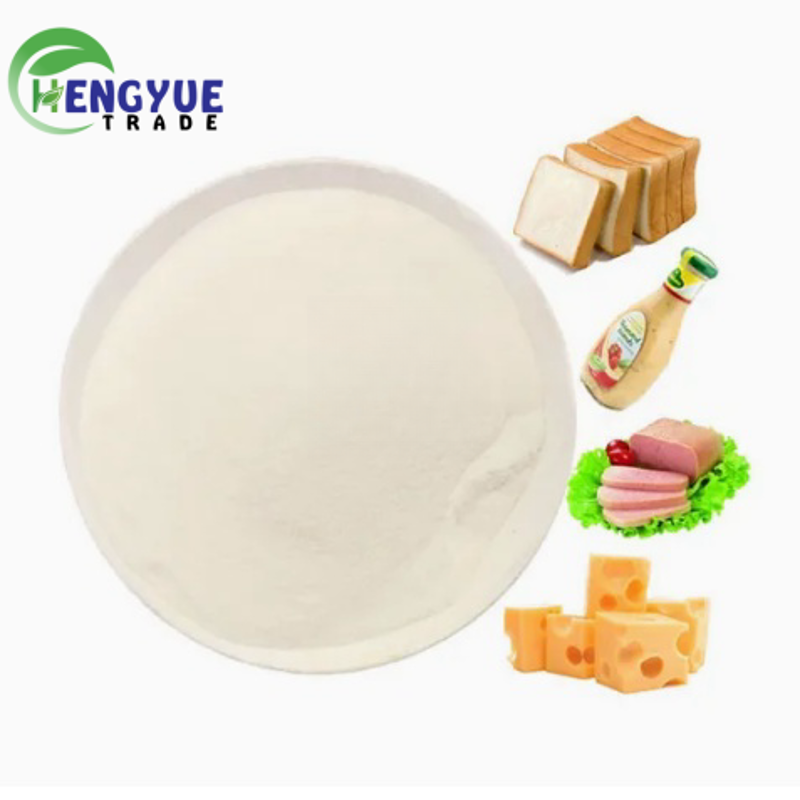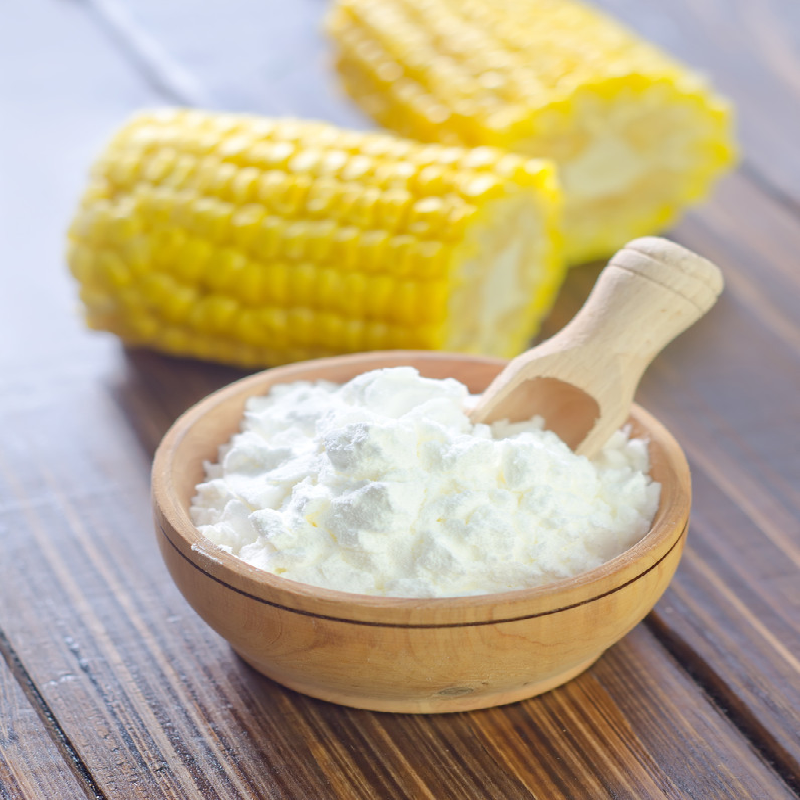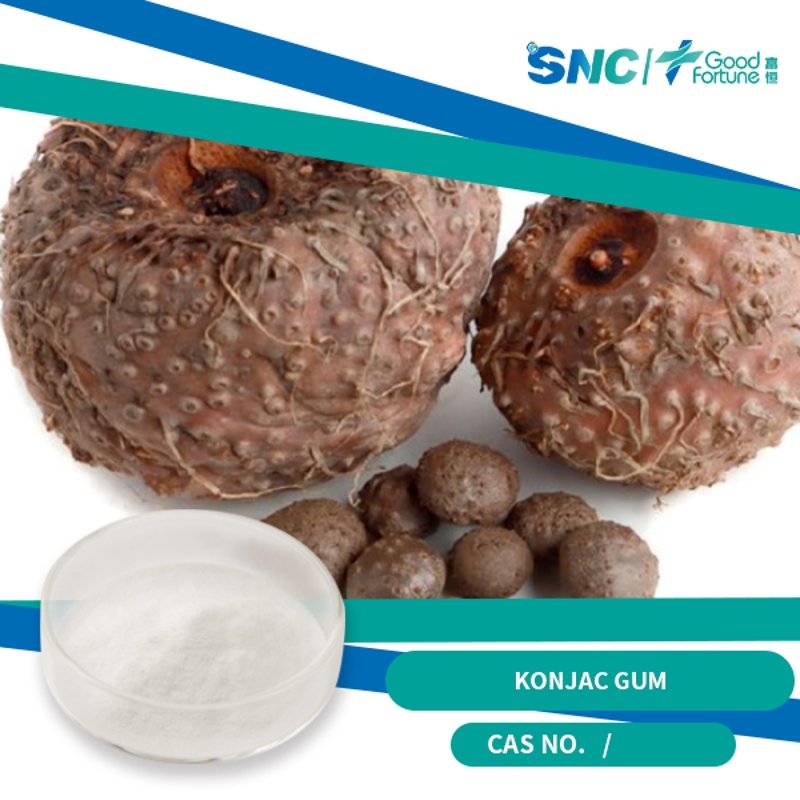-
Categories
-
Pharmaceutical Intermediates
-
Active Pharmaceutical Ingredients
-
Food Additives
- Industrial Coatings
- Agrochemicals
- Dyes and Pigments
- Surfactant
- Flavors and Fragrances
- Chemical Reagents
- Catalyst and Auxiliary
- Natural Products
- Inorganic Chemistry
-
Organic Chemistry
-
Biochemical Engineering
- Analytical Chemistry
-
Cosmetic Ingredient
- Water Treatment Chemical
-
Pharmaceutical Intermediates
Promotion
ECHEMI Mall
Wholesale
Weekly Price
Exhibition
News
-
Trade Service
original title: How to reduce the risk of mis-sucking and taste the taste of food?misabsorption is the most common and most important complication of dysphagia. Inhalation pneumonia: food residues, oral secretions, etc. accidentally sucked into the trachea and lungs, causing repeated lung infections, and even asphyxiation is life-threatening. Prone to population: children with stunted oral muscle development, stroke, brain trauma, facial palsy, nasopharyngeal cancer, Parkinson's patients, etc.comfort speedappropriately add a compounding thickener to the food, change the food characteristics, help the patient swallow smoothly, thereby reducing the risk of accidental inhalation. Improve daily nutritional intake, so that patients can also taste the taste of food -JD Health Food franchise tells you that prevention and improvement of dysphagia should do this:lip exercise is mainly the use of monophone exercises, strengthen the exercise control, strength and coordination of the lips, so as to improve eating ability, improve dyslexia.tongue exercise training is mainly through practice can effectively improve facial muscles, tongue movement, thereby preventing the deterioration of oral function, promote food control and the ability to transport to the pharynx, improve dysphagia.add thickeners to food appropriately, change food traits, help swallow smoothly, and reduce the risk of accidental suction. Improve daily nutritional intake, patients can also taste the taste of food,
responsibility editor:
.







